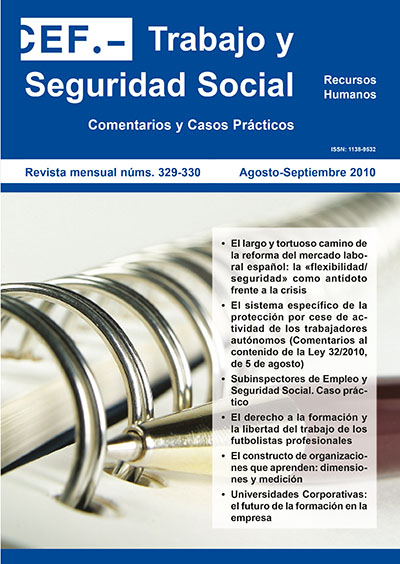The ring of education and the freedom of work. A paradigmatic case: professional sportsmen (football players)
Comments on the EJC case C-325/08, of 16 March 2010, Olympique Lionnais vs Olivier Bernand and Newcastle United
DOI:
https://doi.org/10.51302/rtss.2010.5263Keywords:
sporting activity, semi professional and professional sportsmen, professional football players, young players, young hopefuls players, training period, football club, trial contract, contract for education, trainees, in-house training, freedom of movement for persons, freedom of movement for workers, guildAbstract
It is stated that «sooner or later, however, the dream of footballing glory is necessarily allied to the hard-nosed reality of earning the highest income achievable over a limited time span as a professional player with the club that is prepared to offer the best wages packet. At the same time, clubs are understandably reluctant to see "their" best young hopefuls, in whose training they have invested heavily, poached by other clubs. Where the apprenticeship club is small and relatively poor and the poaching club is large and vastly more wealthy, such manoeuvres represent a real threat to the survival (both economic and sporting) of the smaller club». All the above implies complex human, economic and legal problems, this comment only refers to the latters.


















